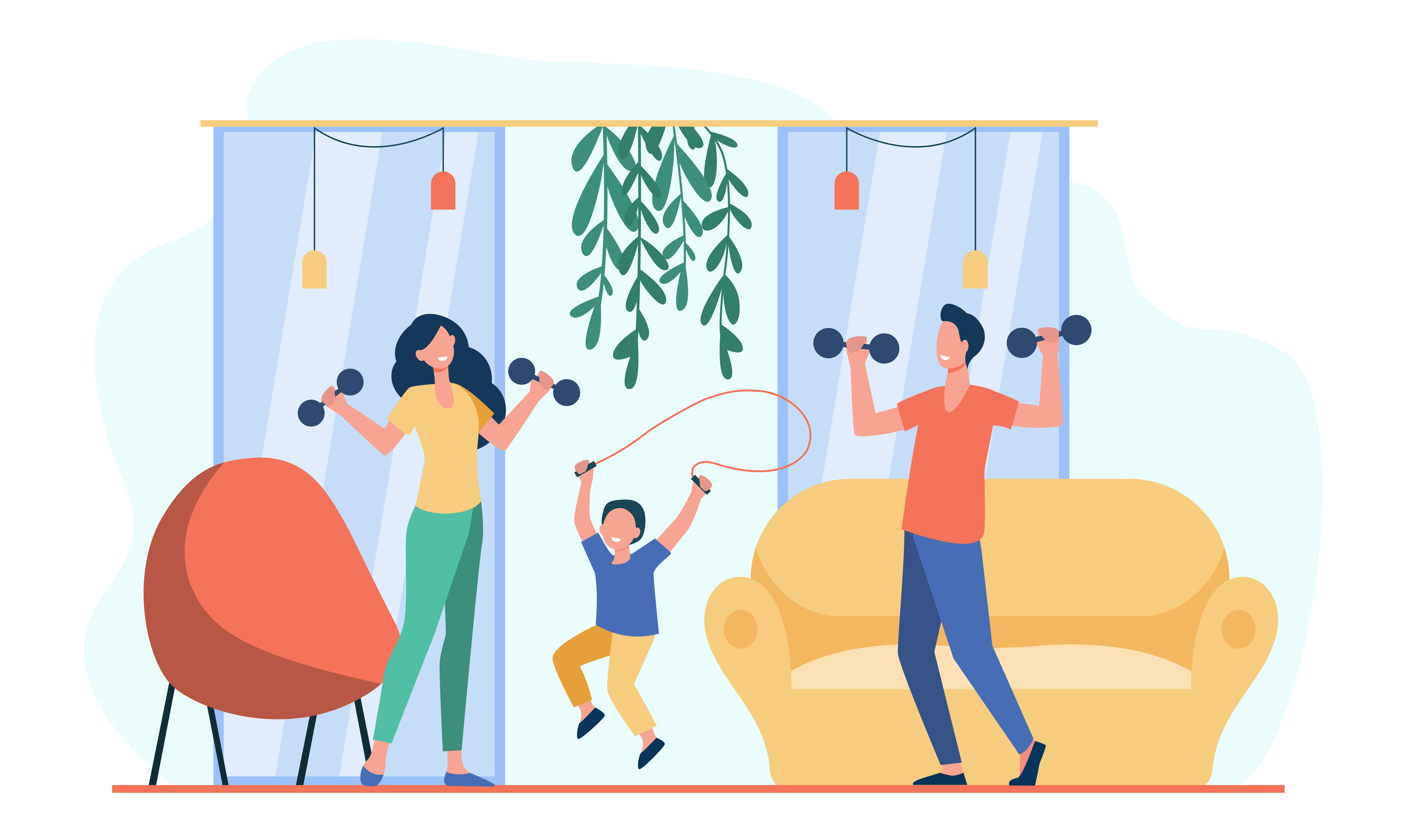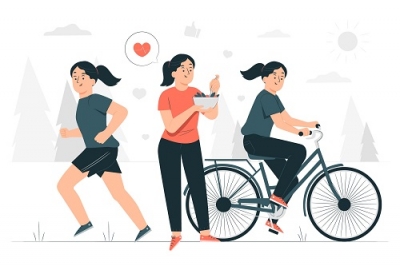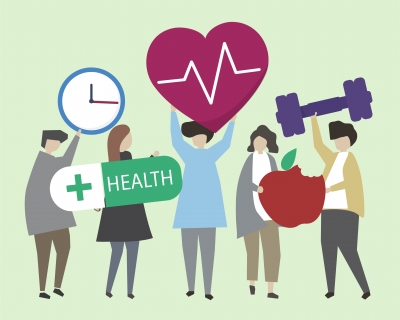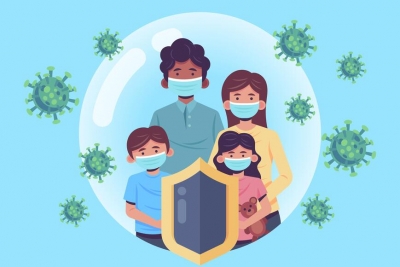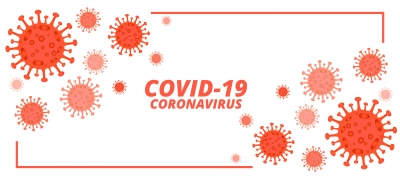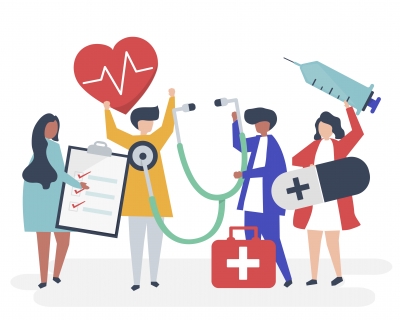To say that we live online these days is quite possibly not an exaggeration, especially since we pick up our phones to check Facebook, Instagram, or Snapchat every minute – at least most of us do, to varying degrees. If not that, we are glued to our computer screens and admittedly, most of us can not avoid it. At the end of the day, everything we need is at our fingertips. So why bother actually getting up?
Well, as inconvenient as it sounds – human bodies were designed to move, to act. Even though modern technologies have made our lives easier, the severe lack of physical activities has proven to contribute to a plethora of ailments, both mental and physical. While modern medicine can still aid our physical health, it is our mental health that has taken the worst hit – which is why this blog talks about 8 mental health benefits you would get to enjoy if you indulge in regular physical activities.
8 benefits of physical activities to consider:
Exercise can make you feel happy, literally. Going by reputable data from PubMed, exercise is a verified means of reducing depression, stress, and anxiety. It increases the sensitivity of the brain to what is known in simple terms as “happy hormones”- serotonin and norepinephrine, which act as tools against depression. Exercising also releases endorphins, which produce positive feelings.
It can increase your energy levels: Another PubMed study found that six weeks of regular exercise reduced feelings of fatigue in thirty-six healthy people who were dealing with tiredness. It also acts as an energy booster for people afflicted with Chronic Fatigue Syndrome.
It can lower your blood pressure: The hormones released while exercising make blood vessels more compliant, thereby reducing blood pressure. This is particularly felt twenty-four to forty-eight hours after engaging in a form of cardiovascular activity.
Better Sleep: A study published in an Elsevier journal establishes that in a group of people told to exercise, sixty-five percent reported better sleep than those who could not meet the minimum requirement of activity.
You will definitely experience a better frame of body and mind. While you may try to achieve this by dieting, remember that this can reduce your metabolism, which will actually have reverse effects. Instead, regular exercise will help boost your metabolism, which will lead to weight loss.
Better Bone Density: Bones are living tissues that become stronger with exercise. For most people, bone mass begins to deteriorate in their thirties. Even so, regular exercise will help you prevent further bone loss. It will help improve muscle strength, coordination, and balance, which in turn helps prevent fall-related fractures, particularly in older adults.
Reduce the risk of Chronic Diseases: Regular exercise has been shown to increase insulin sensitivity, heart health, and body composition, while also lowering your blood pressure and blood fat levels. Moderate levels of exercise can also promote the flow of blood, acting as a protective shield for your skin against the plagues of aging.
Finally, exercise can build brain health and protect your memory. Physical exercise, especially cardio, helps our heart pump more blood, thereby increasing the flow of oxygen to our brains. Studies show that it also causes growth in the size of the hippocampus, which is vital for memory and learning.
To conclude, physical activity does not mean something ultra-expensive or Instagram-worthy - it can even be a five-mile walk or a quick jog before you begin your day. Take up a physical activity or a sport as an enabler, as something you do for yourself and not for any kind of validation. Start small, perhaps ten to fifteen minutes a day, and build from there. You have only to gain from it.
